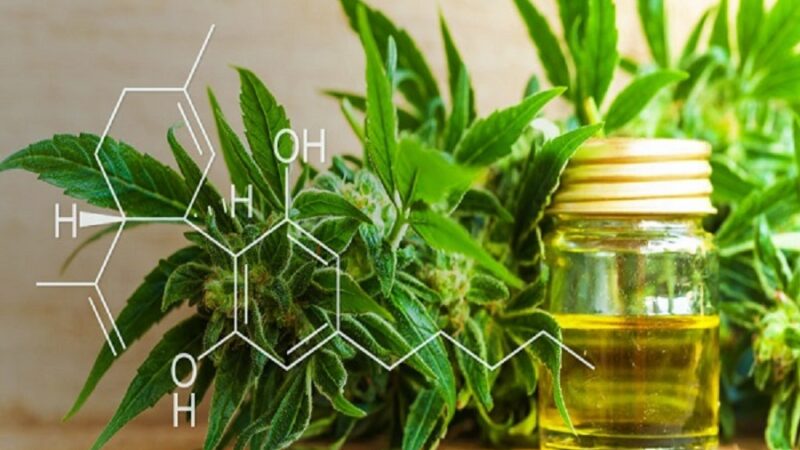Hemp is one of the most important plants in human history. The earliest indication of hemp use dates back to 8000 BC. It is considered to be the earliest example of industry. This plant quickly spread throughout the rest of the world; evidence has been uncovered in Asia, Europe, Africa and the Americas. Hemp was so important that multiple different religious texts have been cited as describing hemp as “Sacred Grass.” Hemp paper mills were established and hemp clothing became commonplace, as much as 80% of clothing was hemp derived at its peak. A French queen was buried in hemp garments. In the 1500s hemp was so prominent that King Henry VIII created a law that fined farmers if they did not sow hemp. In the colonizing and founding of America, hemp played a major role but was eclipsed by cotton due to the high labor intensity of hemp. In the early 1700s, a similar law to the one King George VIII enacted was created in the US as farmers were required to grow hemp. After a few centuries, this sentiment drastically changed and in 1937 the Marijuana Tax Act ignited the decline of the use of hemp. This act has been surrounded by conspiracy as some have argued that it was only enacted due to pressure on the government from the synthetic textiles and paper production companies. Nonetheless, hemp was eventually outlawed entirely. During WWII it appeared as if hemp was going to make a comeback as restrictions were lifted for the war, but as quickly as the bans were lifted, they were reinstated.
Hemp’s battle for supremacy continues to this day, but its resourcefulness is once again being noticed. Hemp is known to have over 50,000 different uses. Hemp is stronger and more durable than cotton. Canvas, derived from the word cannabis, replaced cotton as the material to construct sails because the saltwater would not erode the hemp sails. Hemp also requires half as much water as cotton and requires no pesticides. Over 25% of all pesticides produced are used on cotton, which is reconstituted into the ecosystem. Hemp is also one of the fastest-growing plants. Per acre, hemp can produce four times as much paper as trees can.
Future of Hemp
In 2018, hemp regained its place in the national spotlight due to the passage of the Farm Bill. Hemp and hemp-derived products, such as CBD, are completely legal to use and sell. Hemp has to contain less than 0.3% THC of volume by weight to be legal though. Since then, the entire newly created industry is in uncharted, murky waters. As of August 2020, the FDA has not released an official statement or ruling on CBD. The FDA is going to make a ruling on the types of therapeutic claims CBD manufacturers can make, such as if it truly relieves pain, helps manage anxiety and depression, has neurotrophic properties, and is a potential tool in addiction treatment. As it currently stands, no company is allowed to make any claim of the believed benefits of CBD in their products without risking receiving a cease from the FDA.
That lack of oversight leaves this current new era of CBD is the wild west of industries. There are currently no industry standards and many companies are operating in legal gray areas. Some common, but concerning, issues are products contain too much THC or not as much CBD as stated or unacceptable manufacturing processes. The FDA will intervene and create industry standards, such as the banking and finance sectors must abide by. We provide the highest quality products not because of but despite the lack of oversight in the industry because they care about their customers.
Thanks for reading this post, Follow this link to get more info about Hemp: Hemp Battery Direct






